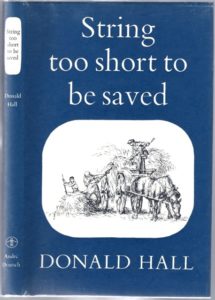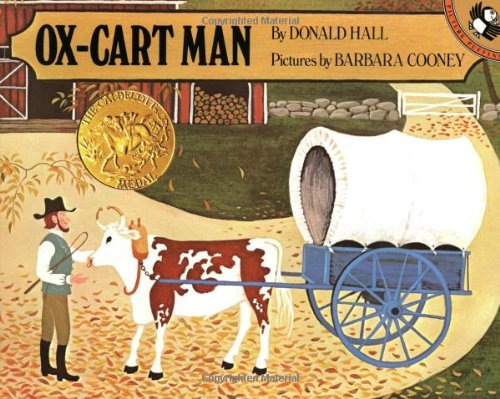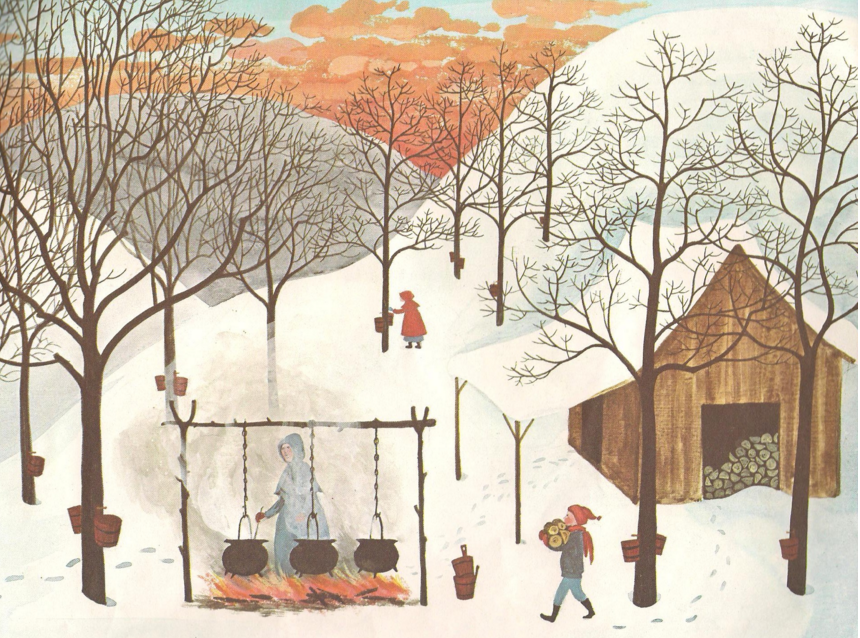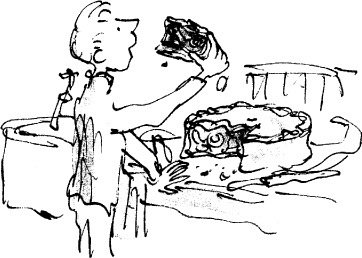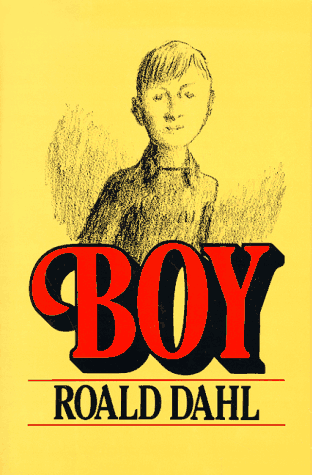I loved working on this story for Architectural Digest. The concept was super simple: I asked a dozen top interior designers and architects to name a favorite book from childhood that somehow influenced them in their work today. Thank you to India Mahdavi, Ellie Cullman, Miles Redd, Sheila Bridges, Stephen Alesch, Mara Miller, Alex Papachristidis, David Alhadeff, Deborah Berke, Barbara Bestor, Martyn Lawrence Bullard and Brian Sawyer, who took the time to give such thoughtful responses.
Some of these books I had never even heard of! Mara Miller of Carrier & Company said her favorite book growing up was something called The Fourteen Bears: Summer and Winter. This book, by Evelyn Scott, was originally published in 1973 and is now out of print.

I found it at the library and I could immediately see its appeal. Each bear has a home in a distinct decorating style. One bear has decorated her quarters in French Empire style, another has gone full Gustavian, another does American Colonial. It’s so good!
In case you’re curious, here’s one of Mara’s interiors. (In fact, it’s Jessica Chastain’s home, shot for Arch Digest.)

I also loved architect Deborah Berke’s book choice, Mistress Masham’s Repose. This 1946 middle-grade novel by T.H. White (The Sword in the Stone) describes the adventures of an English girl who discovers a group of Lilliputians living on her family’s derelict country estate. Berke, who is dean of Yale’s School of Architecture, is probably best known for her modernist architecture, but she has also done a lot of incredible work reimagining old buildings. Here’s one example below, her transformation of the Richardson Olmstead Complex in Buffalo, NY (a 140-year-old hospital with National Historic Landmark status), into a gorgeous hotel.

Hotel Henry, Richardson Olmsted Complex, Buffalo NY. Architect: Deborah Berke Partners.
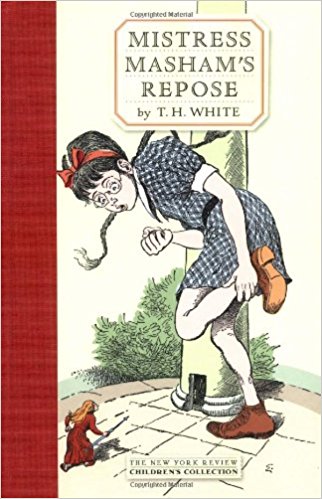
“I think my appreciation of a building’s patina and how materials change over time began with [Mistress Masham’s Repose],” she says.
More proof that the books you read as a kid stick with you for life.
You can read the full story at architecturaldigest.com HERE

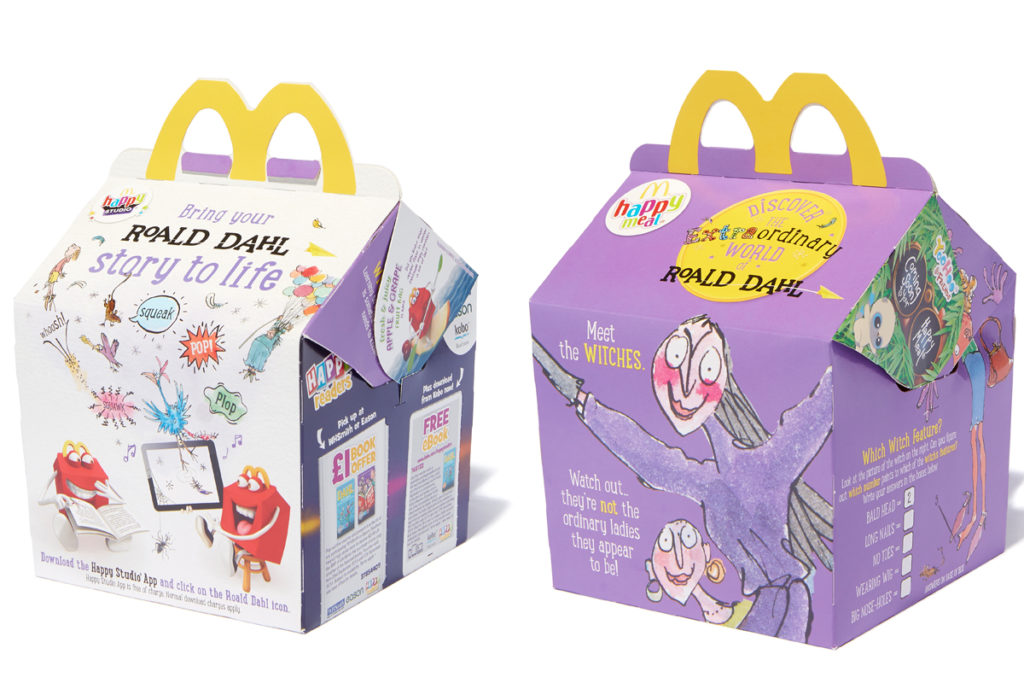
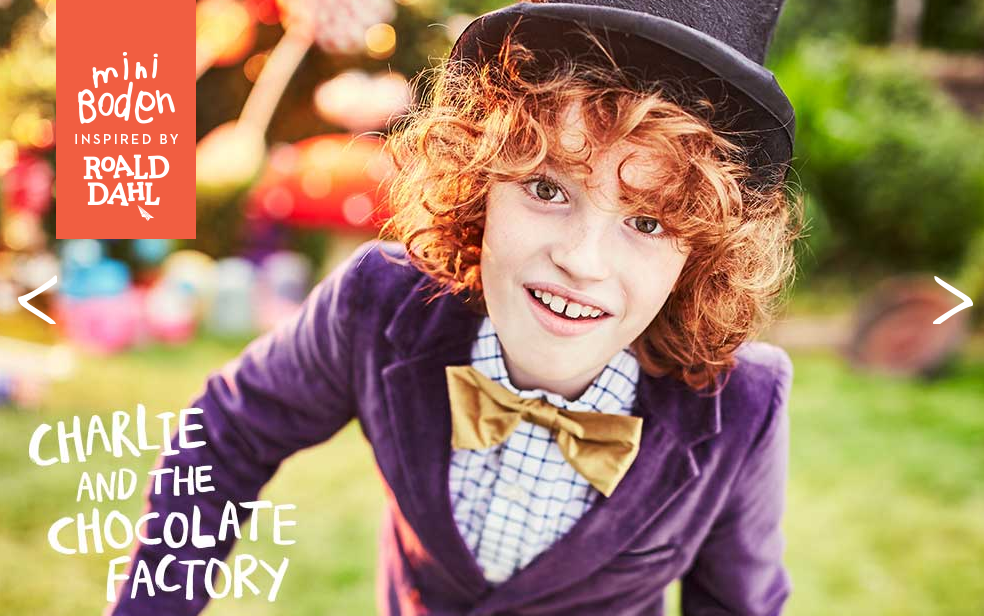
 Here’s a quote from Kelly who comes off sounding almost cartoonishly money grubbing: “We are really transferring from being a literary estate to being more of a story company.” That’s the kind of thing that you tell your investors, not the press.
Here’s a quote from Kelly who comes off sounding almost cartoonishly money grubbing: “We are really transferring from being a literary estate to being more of a story company.” That’s the kind of thing that you tell your investors, not the press.
